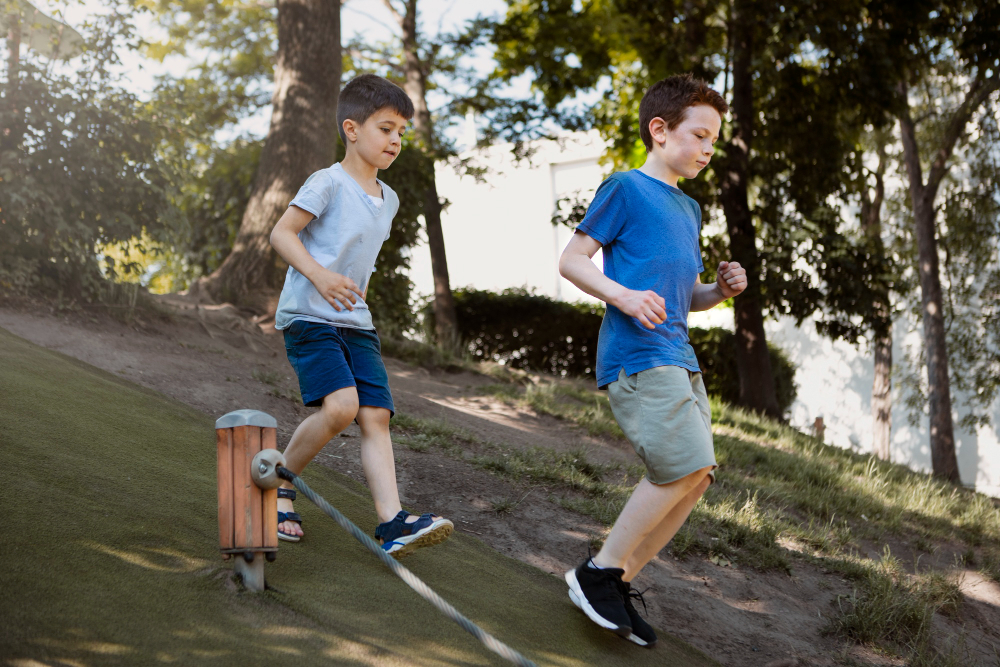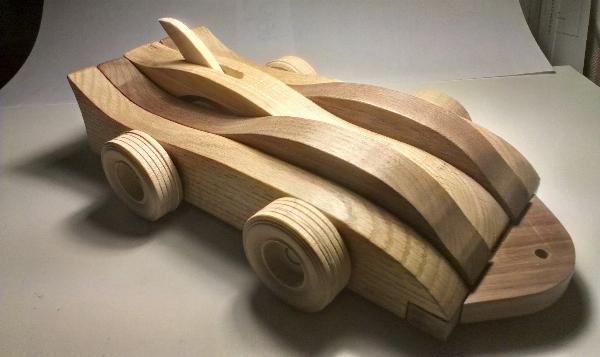10 Ways to Keep Your Kid Healthy During a Busy Sports Season

Strong 8k brings an ultra-HD IPTV experience to your living room and your pocket.
When your kid is deep into a sports season, life moves fast. Between practices, games, travel, school, and everything else, it can feel like you're sprinting through the week without a minute to breathe. But while the calendar gets crowded, one thing should always stay front and center: your child's health write for us.
Youth sports have so many benefits—teamwork, discipline, resilience—but they also bring risks, especially when routines get chaotic. Here are ten practical and powerful ways to keep your child healthy, energized, and thriving during even the busiest sports season.
1. Prioritize Sleep Like It's Game Day
If your young athlete isn’t sleeping well, everything suffers—performance, focus, immune strength, and even mood. Sleep is when their bodies recover, their muscles rebuild, and their minds process everything they’ve learned.
Aim for:
Ages 6-12: 9-12 hours per night
Ages 13-18: 8-10 hours per night
To make it happen, create a wind-down routine that helps them disconnect from screens and school stress. Think: warm showers, calming music, or a few pages of a book. Avoid late-night homework cramming whenever possible, and let coaches know if games or practices are affecting sleep. Sometimes, sleep is the most powerful training tool they have.
2. Fuel the Body with Real Food
Forget the energy drinks and vending machine snacks—what young athletes eat affects their stamina, recovery, and overall development. Processed foods and sugar crashes don’t cut it.
Instead, build meals and snacks around real, whole foods:
Complex carbs for energy: brown rice, quinoa, sweet potatoes
Lean proteins for muscle repair: chicken, eggs, Greek yogurt
Healthy fats for joint and brain health doctiplus: avocado, nuts, olive oil
Plenty of fruits and veggies for vitamins and antioxidants
On game days, keep meals light but energy-packed: think a banana with almond butter, or a turkey wrap with spinach. And don’t forget post-game recovery snacks—like chocolate milk or a protein smoothie.
3. Hydration: The Secret Weapon
Dehydration can sneak up quickly, and it zaps energy, focus, and endurance. Kids often don’t recognize when they’re thirsty, especially in cooler weather.
Make hydration part of their daily routine—not just something they think about on the field. A good rule of thumb: half their body weight in ounces of water per day. More if it’s hot out or if they’re sweating a lot.
Make it fun: try fruit-infused water, reusable bottles with time markers, or hydration apps. Avoid sugary sports write for us drinks unless it’s a long or high-intensity event—they’re often unnecessary and packed with additives.
4. Teach the Power of Rest Days
In the world of competitive youth sports, rest can feel like a dirty word. But it’s vital. Rest days aren’t lazy days—they’re when the body heals, the brain resets, and performance actually improves.
Watch for signs of overtraining: mood swings, trouble sleeping, sore joints, or a drop in enthusiasm. Then, adjust. One full day off per week is ideal, even if it’s just a light walk or gentle stretching.
Normalize rest as part of their sport. Champions aren’t made by constant grind—they’re made by balance.
5. Create a Consistent Routine (That Still Feels Flexible)
Kids thrive on structure. With practices, school, and travel games, it’s easy to feel like every day is different—but a flexible routine helps everything feel more manageable.
Start with anchor points: consistent wake-up and sleep times, regular meals, homework blocks, and downtime. Within those guardrails, you can shift as needed for games or travel.
Use calendars or visual planners to help your child feel in control. When routines are in place, stress goes down—and health goes up.
6. Cross-Train to Prevent Burnout and Injury
Doing the same movements repeatedly—like pitching, sprinting, or jumping—can overwork young muscles and joints. That’s where cross-training comes in.
Switching up their movement not only prevents injuries but improves overall athletic ability. For example:
A soccer player could benefit from swimming or yoga.
A gymnast might gain strength from light resistance training.
A baseball player could improve agility with dance or martial arts.
It also keeps things fresh and fun. Kids shouldn’t feel like their sport is a job.
7. Support Mental Wellness Just as Much as Physical
Sports are emotional. There’s pressure to perform, fear of failure, and the intense desire to please parents and coaches. All of that weighs on a young mind.
Mental health and sports go hand in hand. Talk openly with your child about how they’re feeling—not just physically, but emotionally. Normalize conversations around anxiety, frustration, and even fear.
Encourage journaling, mindfulness exercises, or just quiet time away from screens. If your child seems withdrawn, irritable, or overwhelmed, it might be time to consult a mental health professional.
A healthy athlete isn’t just one who’s fast—it’s one who feels supported in every way.
8. Partner with Coaches and Communicate Often
Coaches play a massive role in your child’s sports experience. That’s why having open, honest communication with them is essential.
Ask questions like:
How are they managing training loads?
Are there recovery protocols in place?
How are they addressing mental well-being?
Share what you’re noticing at home, too—like if your child seems overly tired or stressed. A good coach wants what’s best for the athlete, not just the scoreboard.
9. Stay on Top of Preventative Health
Busy seasons often mean less time for routine doctor visits, but those check-ins are critical.
Make sure your child is up to date on physicals, vaccinations, and any sport-specific screenings. If they complain of pain, don’t brush it off—address it early before it becomes a bigger issue.
Keep a health journal if needed to track recurring aches, sleep patterns, or mood shifts. Little patterns can reveal big truths.
10. Lead by Example
Kids don’t just listen to what we say—they watch what we do.
Model healthy behavior by:
Prioritizing your own rest and nutrition
Staying active in ways you enjoy
Talking openly about stress and balance
Make it a family thing: cook together, stretch together, go on walks together. When kids see health as a family value—not a chore—they’re more likely to stick with it.
Final Tip Round-Up: Quick-Glance Checklist
In Closing
Youth sports should be empowering—not exhausting. By being intentional about your child’s health during the busiest times of the year, you’re setting them up not just for athletic success, but for a lifetime of balance, confidence, and well-being.
Because in the end, the goal isn’t just to win the game. It’s to raise a kid who feels strong, supported, and whole—on and off the field.
Note: IndiBlogHub features both user-submitted and editorial content. We do not verify third-party contributions. Read our Disclaimer and Privacy Policyfor details.







